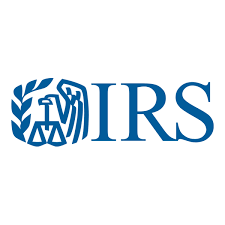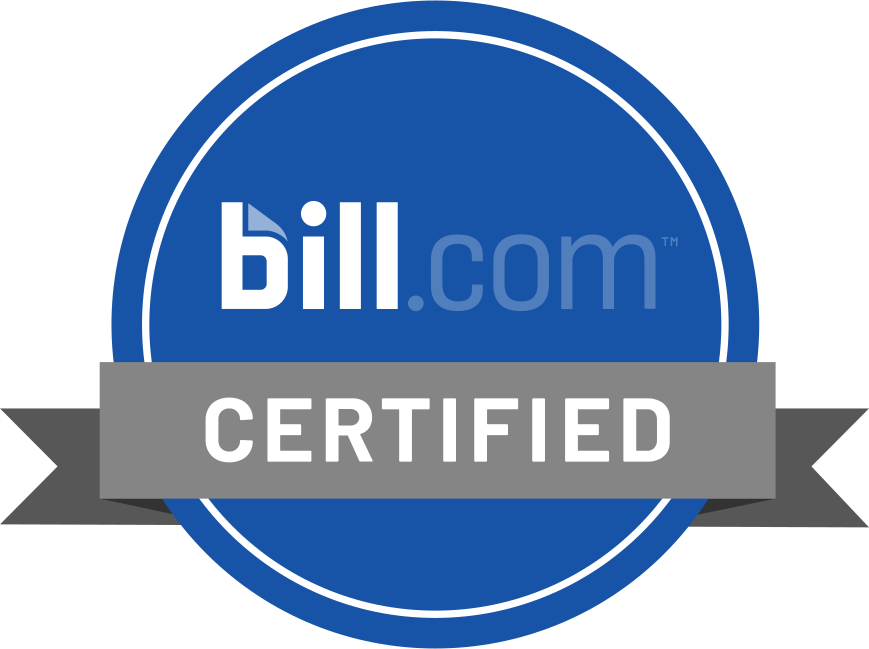What You Can Do to Prepare
A major shift is on the horizon for how the federal government handles payments. Beginning September 30, 2025, the U.S. Treasury will stop issuing or accepting paper checks for nearly all federal payments and collections. This includes IRS refunds and tax payments.
This change affects individuals, businesses, nonprofits, and corporations alike — anyone interacting with a federal agency.

What’s Changing?
Under a March 2025 Executive Order, the federal government is moving to an all-electronic system for payments and collections. That means:
- No more paper refund checks
- No more mailing in checks for tax payments
- All transactions must go through electronic channels
This applies to income tax refunds, quarterly estimated payments, payroll deposits, Social Security, and more.
Why This Matters
While the move aims to reduce fraud, improve processing times, and cut administrative costs, it also means taxpayers and business owners need to be prepared — especially those who still rely on mailing checks or receiving paper refunds.
What You Should Do Now
If you're not already set up for electronic payments and deposits, now is the time to make that switch.
Here are the key steps:
1. Enroll in Direct Deposit (Individuals & Businesses)
Make sure the IRS and other federal agencies have your correct banking info. This ensures faster refunds, smoother transactions, and fewer errors.
- Individuals: Set up direct deposit via IRS.gov
- Click Here: https://www.irs.gov/your-account
- Businesses: Use IRS Form 8050 to request direct deposit for refunds
2. Start Paying Taxes Electronically
Paper payments will no longer be accepted. Use one of these secure systems:
- IRS Direct Pay – for individuals (add Link)
- EFTPS (Electronic Federal Tax Payment System) – for businesses and individuals
3. Double-Check Your Bank Info
Before the fall deadline, confirm that your account and routing numbers are accurate on all IRS forms and payment platforms. A mismatch can cause delays or rejected payments.
Are There Any Exceptions?
Yes —some exceptions may apply in cases such as:
- No access to banking services
- Emergency payments where electronic methods create a hardship
- National security or law enforcement needs
These will be reviewed and approved by the Treasury Department on a case-by-case basis.
Have questions? Reach out your tax manager — we’ll walk you through it.








